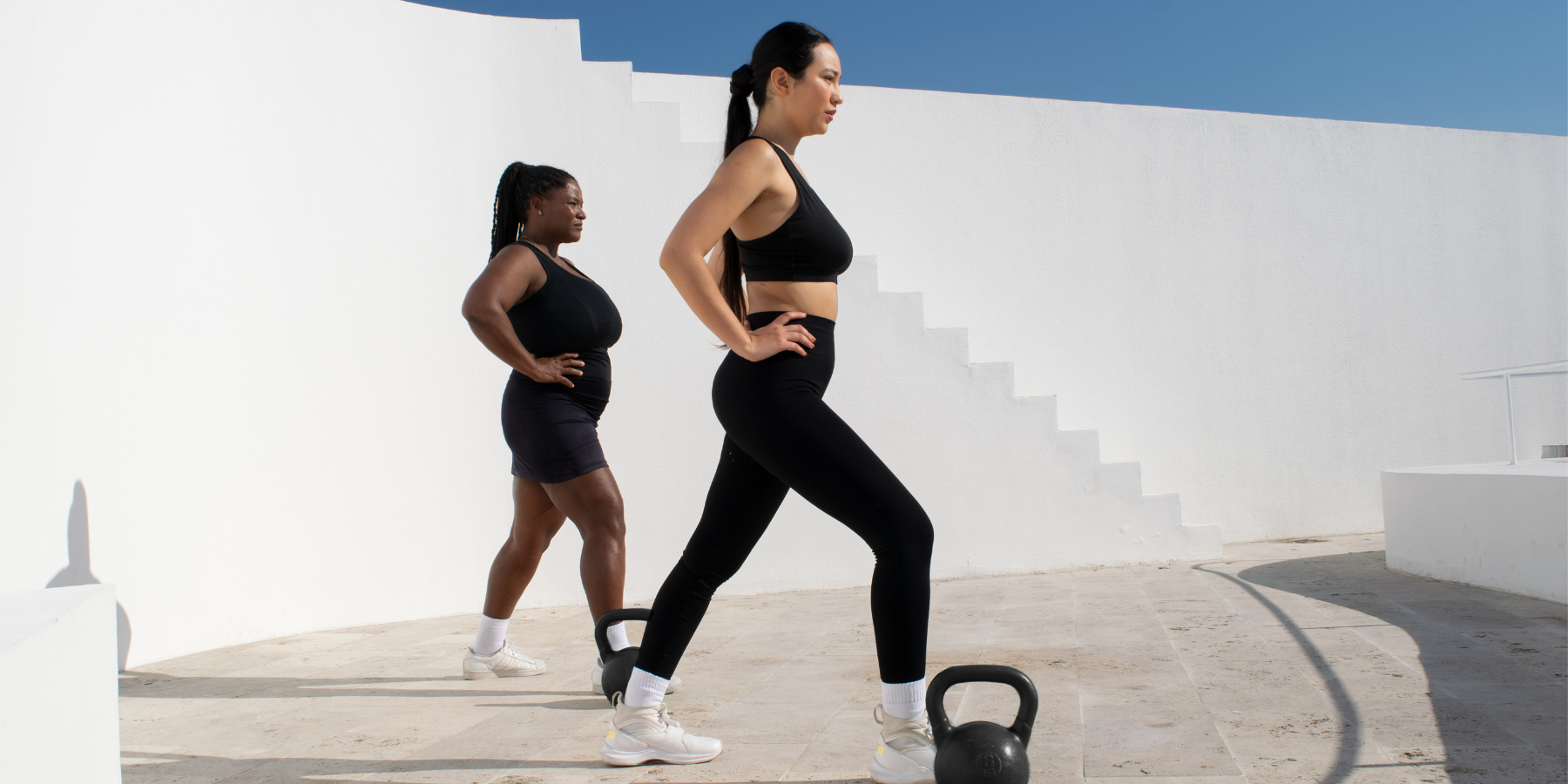Movement should feel natural. Not forced or painful.
Strong muscles hold your body steady, giving you the confidence to move freely without worrying about injuries. Joints that work as they should let you bend, stretch, and walk with ease.
When muscles are weak, joints take the strain, leading to discomfort and a higher risk of sprains.
Taking care of both means fewer aches, better balance, and the freedom to live life on your terms—whether that’s running, lifting, or simply getting through the day without pain.
In this post:
-
Is Collagen Good For Joints And Muscles?
-
What Is Collagen?
-
Collagen and Joint Health
-
Benefits of Collagen For Muscular Support
-
Types of Collagen
Is Collagen Good For Joints And Muscles?
Collagen keeps joints and muscles working right. Consuming collagen often may make joints more flexible and muscles bounce back quicker from exercise. In the long run, collagen could mean sturdier joints and muscles.
What Is Collagen?
Collagen is a protein that makes up a big part of the body’s connective tissues. It can be found in bones, skin, muscles, and tendons.
Connective tissues depend on adequate collagen to stay strong. That's why collagen supplements are popular - they compensate for the collagen our bodies don't produce as much anymore.
Taking extra collagen can help maintain connective tissues that would otherwise weaken from natural collagen loss. Preserving collagen levels becomes especially important as we get older.
Collagen and Joint Health
Effect On Osteoarthritis
As we age, our joints can start to feel the wear and tear of daily life. Osteoarthritis, a condition where the cartilage cushioning our joints breaks down, is a common culprit behind those creaky knees and stiff hips.
In clinical trials, participants with knee osteoarthritis who took collagen hydrolysate – a form of collagen that's easily absorbed by the body – experienced significant improvements compared to those who received a placebo. Not only did they report less joint pain, but they also demonstrated better overall joint function.
The theory behind this promising finding is that collagen supplements may stimulate the body's own production of collagen in joint tissues, thereby preserving cartilage and reducing discomfort. While more research is still needed, the current evidence suggests that collagen supplements could be valuable in supporting joint health and providing relief for osteoarthritis sufferers.
Effect On Rheumatoid Arthritis
Rheumatoid arthritis (RA) isn't quite the same as osteoarthritis. It's an autoimmune issue that causes inflammation in the joints. Collagen isn't fully understood in the context of RA. But some studies suggest collagen peptides might help calm inflammation throughout the body. If proven true, this could offer some relief for RA symptoms. That said, more research is still needed before we can confidently recommend collagen as a treatment for RA.

Benefits of Collagen For Muscular Support
Muscle Mass and Strength
Getting older often means getting weaker as muscles waste away. This normal weakening, called sarcopenia, is partly due to declining collagen production. However, research shows collagen peptide supplements could apply the brakes to sarcopenia.
For instance, one study found athletes taking collagen built more muscle mass and strength than athletes taking a placebo. In this case, collagen provided the building blocks for muscle repair and growth. Collagen is especially good for keeping older adults' muscles lean. It stimulates muscle protein production, key for maintaining strength and stopping age-related muscle loss.
Muscle Recovery After Exercise
Intense exercise that pushes your muscles can leave them feeling tender and fatigued. Collagen can help accelerate recovery. Collagen provides nutrients that help repair muscle tissue damage and rebuild fibres made vulnerable by intense training. Studies have shown collagen intake decreases post-workout muscle soreness. It also strengthens tendons and ligaments strained by heavy loads so you can keep your connective tissues resilient.
Types of Collagen
There are several types of collagen, each with different benefits for various aspects of health. The most relevant types for muscle and joint health are:
Type I
The most abundant collagen in the body. Type I forms the foundation of bones, muscles, tendons, and skin. It’s a versatile protein that helps hold everything together.
Type II
As the predominant collagen in cartilage, Type II helps joints glide and flex by retaining moisture and elasticity. Supplements containing Type II can assist with mobility.
Type III
Type III collagen is often found alongside Type I in various connective tissues like blood vessels and internal organs. It supports the structure and flexibility of your tissues. This collagen helps with muscle recovery and supports your joints during repair and regeneration, working together with Type I to maintain healthy connective tissue.
If you're looking to supplement for better muscle and joint function, focus on:
-
Type II for direct joint support and pain relief. It protects cartilage, the cushioning that keeps joints comfy.
-
Type I for overall tissue integrity and recovery. This collagen builds resilient, flexible connective tissues.
-
Type III for its complementary role alongside Type I in building strong, elastic tissues to aid muscles and joints.
Be Bright's collagen powder is 100% pure and highly absorbable by your body. It gets quickly integrated into your system because it's identical to the collagen your body naturally produces. A daily dose supplies the amino acids needed to strengthen collagen as your natural levels drop. Shop it online today.
Disclaimer: This blog post is for informational purposes only and does not constitute medical advice. Please consult a qualified physician for guidance.








